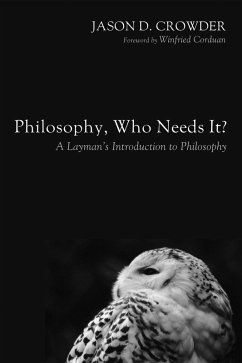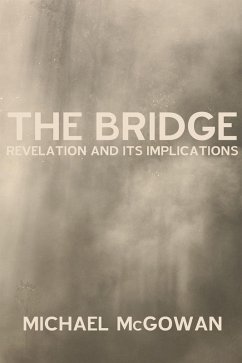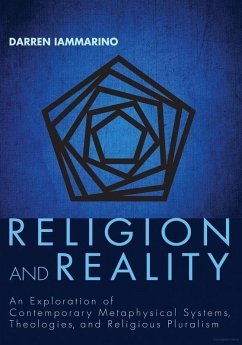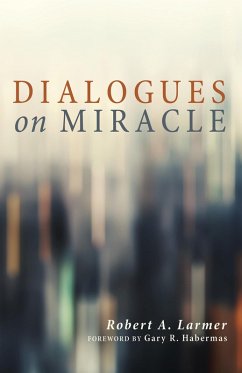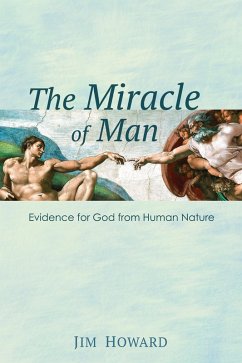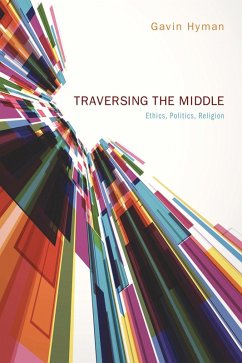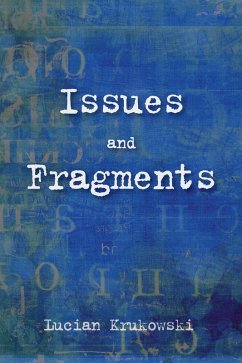
Issues and Fragments (eBook, ePUB)
Versandkostenfrei!
Sofort per Download lieferbar
13,95 €
inkl. MwSt.
Weitere Ausgaben:

PAYBACK Punkte
7 °P sammeln!
There are many subjects that appear in this book: Philosophy, Art, Fiction, Poetry, God. They are each approached through language that fits their content--language that itself shares characteristics of the subject it addresses. There are thus as many languages as there are subjects--exhibiting different forms of "being about" their subjects. Such forms are variously called "analysis," or "exegesis," or "criticism," or "speculation," or "invention," or "memories and dreams." Issues become fragmented at the edges--the limits--of their language. Fragments, in turn, seek the shape--the boundaries...
There are many subjects that appear in this book: Philosophy, Art, Fiction, Poetry, God. They are each approached through language that fits their content--language that itself shares characteristics of the subject it addresses. There are thus as many languages as there are subjects--exhibiting different forms of "being about" their subjects. Such forms are variously called "analysis," or "exegesis," or "criticism," or "speculation," or "invention," or "memories and dreams." Issues become fragmented at the edges--the limits--of their language. Fragments, in turn, seek the shape--the boundaries--of their content. The forms of "aboutness" are as varied, and numerous, as are their subjects. There is no exhaustive listing. There is one subject this book is most concerned with. It underlies the others and questions the value--the possibilities--of mutual reciprocation. This, too, has many forms: "What can or cannot be said." "Where are boundaries firm and where porous." "What is gained and what lost through interaction between subject-contents." "The many problems of synthesis." "What the difference is between 'Actual' and 'Real' in theories of life." "Contrasts between the nature--and the varying descriptions--of God and after-life." The contention here is that all given descriptions are partial, and that in these partialities and their similarities, ways can found to construct--however slowly and painfully--the larger subject-nature of living and dying.
Dieser Download kann aus rechtlichen Gründen nur mit Rechnungsadresse in A, D ausgeliefert werden.







